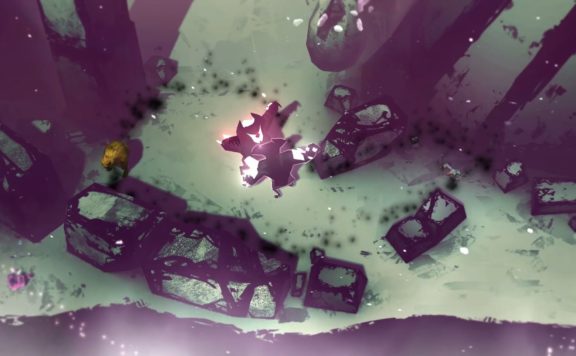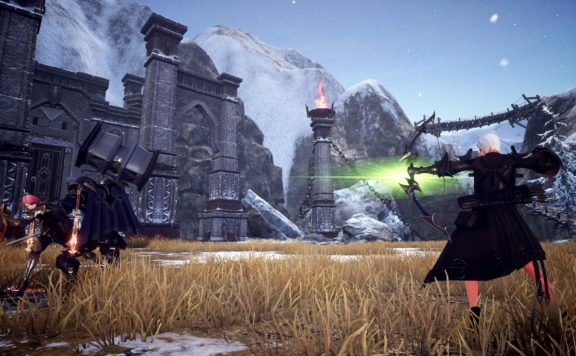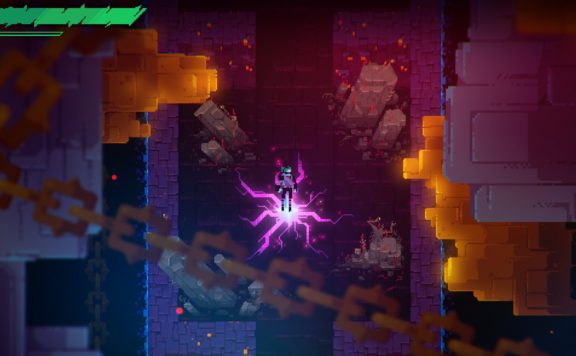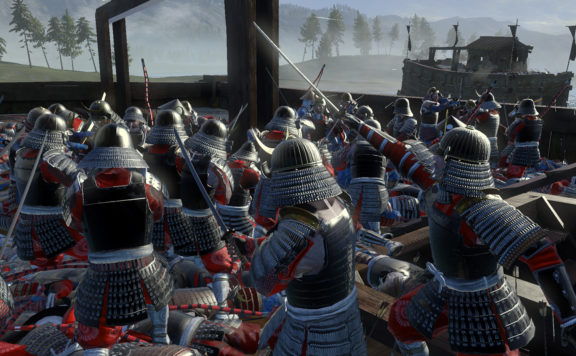If the sandbox genre needed a poster child for chilled family-friendly gaming, Deiland would be the perfect example. With a wholesome storyline and clean-but-cute art style, this part-RPG involves nurturing a tiny planet, helping visitors, and slowly uncovering the secret that lies at its core.
Inspired by the tale of The Little Prince, Deiland sees us take on the role of Arco, the child-custodian of a small planet. By gradually helping to establish a farm, plant trees, help visitors and manage resources, a fantastical story gradually unfolds. And, while the plot is simple and straightforward (sinister entity threatens the universe), the constant supply of quests and upgrades make a strangely compelling experience.
Even so, Deiland is far from perfect, being let down by minor but basic issues. The English PC version suffers from occasional localization issues, while the control scheme clearly favors the PS4 this is ported from. While the keyboard is supported, a USB gamepad is strongly recommended.
The Smallest Horizon
As the tiniest planet in the known universe, Deiland has a space problem – there’s only really enough room for one person. That person is Arco, a child struggling to discover his purpose in life, and compounded by a lack of memory before arriving on the small globe. While he remembers enough to get started, it’s going to take plenty of help to make the planet thrive.

Luckily, Deiland attracts plenty of visitors. Chief among these is Mûn, an explorer for the Interstellar Patrol, who helps to teach Arco some basic patterns and build a basic cabin. As the planet develops and grows, so does the range of characters hoping to land there, including a kindly Wizard and galactic Chef. All of them have something to teach Arco, but they also act as traders, each favouring particular items and bringing their own stock for sale.
Rather than just treating these NPCs, each of them also has a story that gradually unfolds by taking on quests or jobs. As these are completed, Arco learns more about Deiland’s past, the legend of a group of magical Princes, and just what his purpose on the planet might be.
Slightly Pseudo-Sandbox
Deiland is technically a sandbox-RPG but, compared to others in the genre, the freedom it provides is very limited. Features like the cabin, lake, mine, and even crop plots are limited in both location and quantity, preventing you from coating the entire surface with farmland. Certain features like wells, flowerpots and trees can be placed almost anywhere, however it’s a good idea to leave a clearing so that visitors can land their spaceships.
To make up for this, Deiland also offers an orbital view that comes with a few extra nifty features. Whenever rain comes, Arco can spin the planet or move the clouds to provide his crops and trees with extra water and help them grow faster. Likewise, when meteor strikes threaten his house, the planet can be spun so that they crash harmlessly.

In this way, Deiland works as an introduction to the sandbox genre without causing a steep learning curve, but still maintaining that compulsion to develop, expand, and discover new items to build. In later stages, it’s even possible to visit other nearby planets and collect rare resources to push the story onward.
Celestially Simple
Although it’s crammed with cuteness and charm, Deiland is also incredibly simple and straightforward. Combat involves hitting the various enemies with whatever tool you happen to have in your hand, and later includes casting simple spells. There are no real weapons to speak of, and creatures are mostly easy to defeat. The experience accumulated helps Arco to gain levels and improve combat skills, but the impact of these feels minimal.
Likewise, getting everything needed to thrive is simply linear. Recipes might be unlocked by building an item, or gained as part of a quest for a visitor. The simple cabin can be expanded to include a workshop, kitchen and even a laboratory, but they’re mainly used to gate story progression or make life on the farm easier.
All of which means that Deiland is great for younger gamers, or for families to enjoy together (although the experience is strictly single-player). Only a couple of issues dull that shine, whether it’s localisation issues into English, or control issues in porting from the PS4. Both are minor in nature, though a gamepad is strongly suggested to avoid the clunky keyboard choices.






